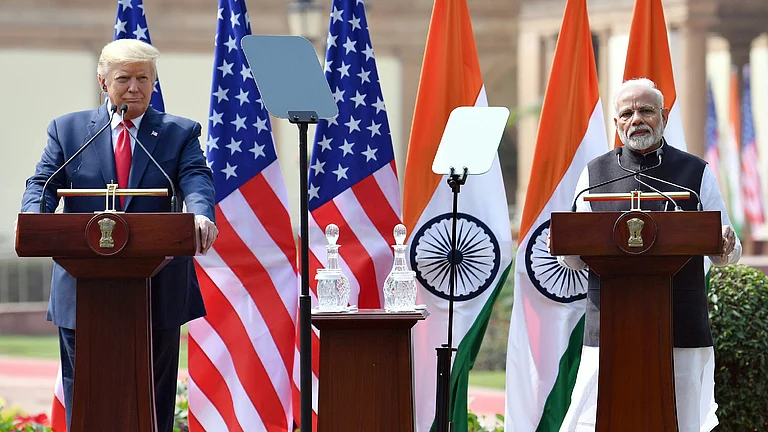In line with a Supreme Court directive, all general insurers (other than stand-alone health insurers and specialised insurers) will have to issue Motor Third Party Insurance covers from September 1, 2018, as per Insurance Regulatory and Development Authority of India (IRDAI). The Apex Court on July 20 had ordered that it is mandatory to issue third party insurance for new cars and two-wheelers for a period of three years and five years respectively.
Onkar Kothari, Compliance Officer and Company Secretary, Bajaj Allianz General Insurance, told Outlook Money, “This will immensely benefit in enhancing the insurance penetration especially with respect to two-wheelers.” The guidelines say, in case of an accident, the insurer will pay one-year damage to the vehicle owner and three/five-year cover to the third party.
In a country where over 50 per cent of total vehicles are without insurance, Rakesh Jain, Executive Director and CEO, Reliance General Insurance, said, “The Supreme Court order is a welcome move. This will bring the house in order and will cut down the indiscipline.” It’s mandatory to get an insurance cover when vehicles are bought for the first time, but in many cases, they are not renewed in the subsequent years, he further opined.
According to Ministry of Statistic and Programme Implementation, between 2012 and 2017, 456 passengers were killed and 1,138 were injured in road accidents. Ministry of Road Transport and Highways data further shows that 1,50,785 people were killed and 4,94,624 were injured in 4,80,652 road accidents in India in 2016.
This translates into 1,317 crashes and 413 deaths every day or 55 accidents and 17 deaths every hour. The number of accidental deaths has increased by 31 per cent between 2007 and 2017 and that of fatal road accidents have increased by 25.6 per cent in the same period.
“In line with Section 64VB of the Insurance Act, 1938, this provides for cash before cover. As per this new circular, the entire premium for the policy must be collected at the time of its initiation. However, recognition of income in the insurance company’s books will happen annually,” says Kothari. As per the IRDAI circular, the premium will be collected at the time of sale of the insurance but it would be recognised on a yearly basis. Thus the premium for the year will be recognised as an income and the remaining premium will be treated as premium deposit or advance premium.
The insurers and the policyholders cannot cancel the Motor Third Party Insurance, except if they are found carrying double insurance, in case the vehicle is not in use anymore or if it is sold or transferred. According to the Supreme Court, the insurers have to ensure that the policy is available online.
Long term Motor Third Party Premium for the policies sold during the period of September 1, 2018 to March 31, 2019.

Rakesh Goyal, Director, Probus Insurance Broker Limited, said, “The cost for the policyholders will increase but the commissions for the agents and the channel partners will gradually drop down. This could hamper the sales and services of the policy and can also lead to a monopoly market for big dealers.” Now, the dealers might ask the insurers to sell comprehensive policies (third party+ own damage) for a hefty commission. In such cases, one might have to pay a higher premium for a comprehensive policy.
According to the Supreme Court Committee on Road Safety, there are about 18 crore vehicles plying on roads and only about six crore of those have third-party insurance covers, which is only about 44 per cent. Hence, the accident victims, including those who have lost their lives or injured, fail to get compensations.































